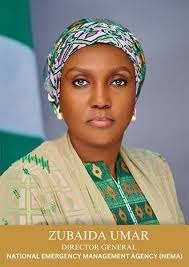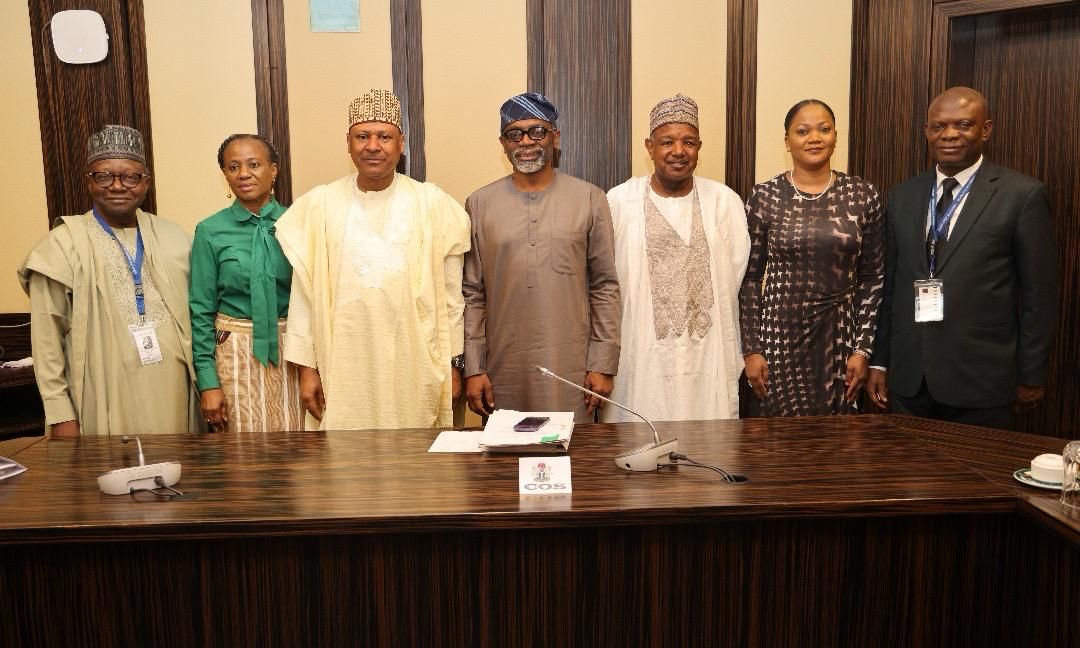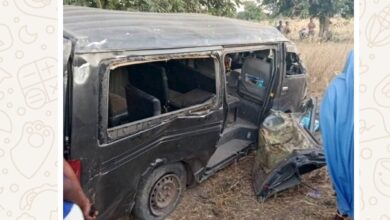Nigerian Govt’s Seeks World Bank Support for Steel Sector Development

The Federal Government, through the Ministry of Steel Development, has sought the support of the World Bank in formulating a comprehensive Steel Roadmap and addressing other critical areas essential to the growth of Nigeria’s steel industry.
Speaking during a meeting with a World Bank delegation at the Ministry’s headquarters on Thursday, January 23, 2025, the Honourable Minister of Steel Development, Prince Shaiubu Abubakar Audu, emphasized the need for a well-structured roadmap to drive industrialization and economic progress.
According to Prince Audu, the development of Nigeria’s steel sector is crucial for economic growth, job creation, and increased local production. He stressed that with the right framework, the industry could unlock its full potential, enhance local capacity, and significantly contribute to the country’s GDP.
He highlighted key areas that must be addressed in the roadmap, including:
Assessment of steel raw materials to determine availability and sustainability.
Development of health and safety guidelines for the sector.
Formulation of a national metal scrap policy framework to regulate recycling and material sourcing.
Establishment of a National Steel Laboratory for quality assurance and standardization.
Creation of an online portal to monitor steel and metal product imports.
The minister expressed confidence that by focusing on these areas, Nigeria could create a conducive environment for the steel industry to thrive and compete globally.
In response, Noora Arfaa, the leader of the World Bank delegation, reaffirmed the institution’s commitment to supporting Nigeria’s steel sector. She disclosed that the World Bank has outlined a work program and activity plan beginning in January 2025, with the goal of drafting and adopting the Steel Roadmap by August 2025.
Arfaa urged the Ministry to ensure the timely provision of relevant data required for the initiative. She emphasized that the roadmap aims to unlock investments across the Energy Transition Minerals (ETM) and other critical mineral value chains, ultimately fostering economic diversification, inclusive growth, and sustainable development.
With the collaboration between the Federal Government and the World Bank, stakeholders remain optimistic about the long-term transformation of Nigeria’s steel industry.





